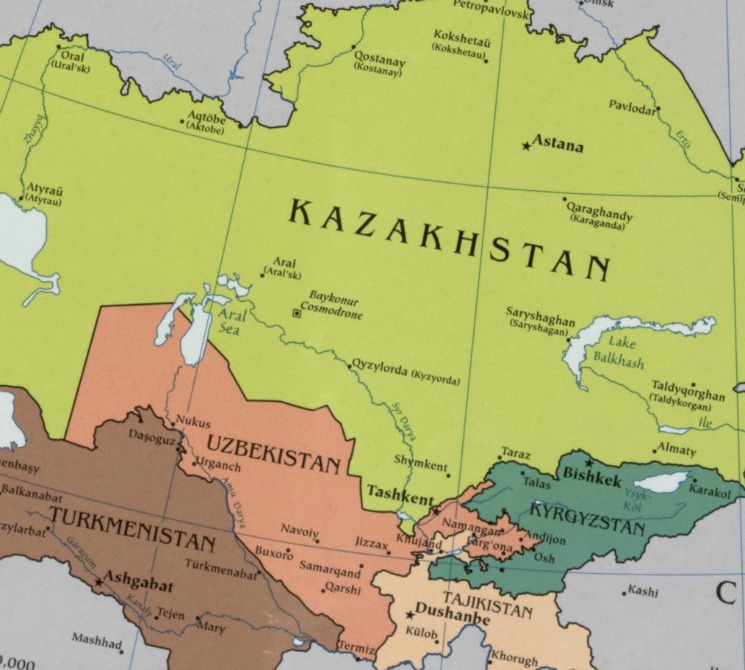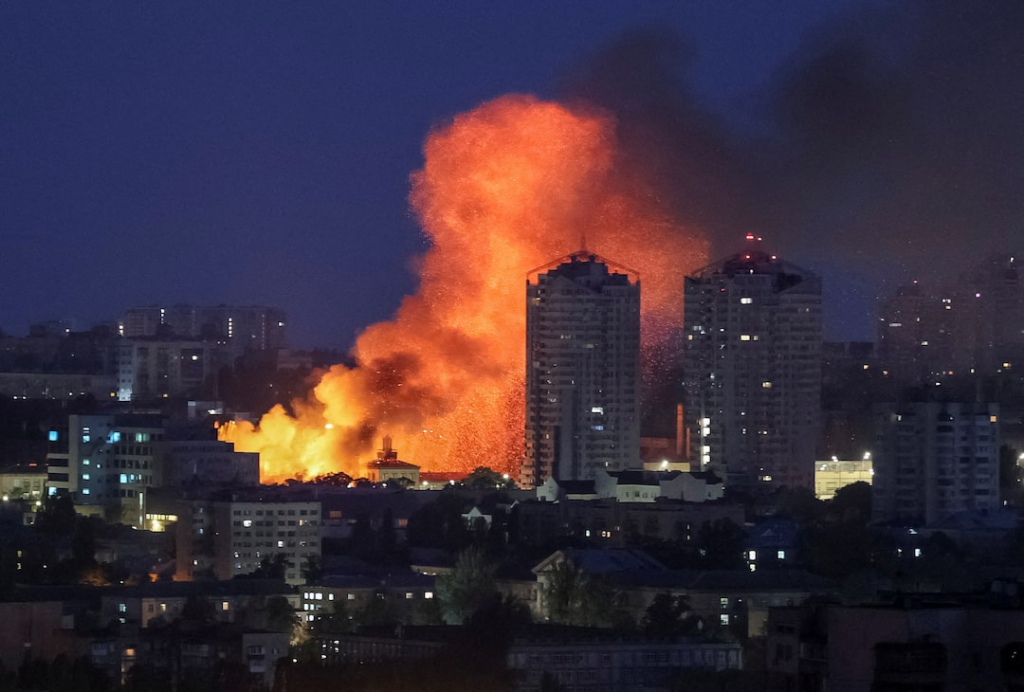Ukraine

BRIEFING—From Production to Procurement: How Europe...
Dec 10, 2025Rayburn House Office Building, Room 2358-C Stream live here As Russia’s full-scale war against Ukraine enters its fifth year, Kyiv is struggling to supply its troops and lacks the resources […]

From Production to Procurement: How Europe and Ukra...
Dec 10, 2025As Russia’s full-scale war against Ukraine enters its fifth year, Kyiv is struggling to supply its troops and lacks the resources to strike military targets deep inside Russia. However, Ukraine […]

BRIEFING—The MAX App: Russia’s Pocket-Sized Approach...
Dec 02, 2025Rayburn House Office Building, Room 2358-C Stream live here Russia is pioneering a novel, low-cost approach to digital censorship and surveillance. In lieu of a centralized system to block unwanted […]

BRIEFING—The Impact on Central Asia of Russia’s War ...
Sep 04, 2025Rayburn House Office Building 2200 Stream live here Russia’s war on Ukraine has had a significant impact on the countries of Central Asia, including shifting their relationships with Russia and […]

BRIEFING—Intercepting Terror: Strengthening Ukrainia...
Jul 24, 2025Cannon House Office Building 210 Stream live here Over the past several months, Russia has scaled up its production of drones and missiles, using its growing arsenal to launch nightly […]

Intercepting Terror: Strengthening Ukrainian Air Def...
Jul 24, 2025Over the past several months, Russia has scaled up its production of drones and missiles, using its growing arsenal to launch nightly barrages on Ukrainian cities and critical infrastructure. In […]

HEARING—The Cost of a Bad Deal in Ukraine
Jun 26, 2025Russell Senate Office Building 222 Stream live here Ukraine is fighting not only for its own survival, but for freedom and security around the world. Western leaders seeking to end Vladimir […]

The Cost of a Bad Deal in Ukraine
Jun 26, 2025Ukraine is fighting not only for its own survival, but for freedom and security around the world. Western leaders seeking to end Vladimir Putin’s genocidal war should note that any […]

Myths & Facts about Russia’s War on Ukraine
Apr 08, 2025MYTH: NATO expansion provoked Russia’s war against Ukraine. FACT: Russia’s war on Ukraine is a continuation of Russia’s centuries-long policy of treating Ukraine as a vassal state to be subjugated. […]

Bipartisan Helsinki Commission Leadership Marks Sole...
Feb 24, 2025WASHINGTON—Today, the bipartisan leadership of the U.S. Helsinki Commission, Chairman Senator Roger Wicker (MS), Co-Chairman Representative Joe Wilson (SC-02), Ranking Member Senator Sheldon Whitehouse (RI), and Ranking Member Representative Steve […]

Ukraine Could Get ‘War-Winning Weapons’ ...
Feb 11, 2025
Chairman Wilson on the 30th Anniversary of the Budap...
Dec 05, 2024WASHINGTON—Today, U.S. Helsinki Commission Chairman Representative Joe Wilson (SC-02) issued the following statement on the 30th anniversary of the signing of the Budapest Memorandum: “Thirty years ago, Ukraine, the United […]
